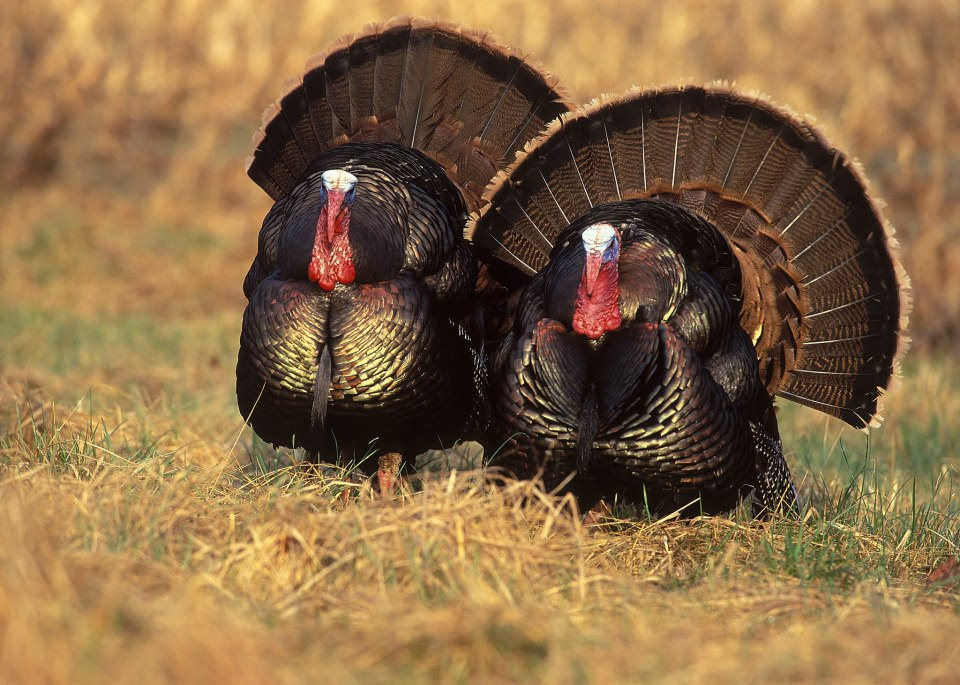Why Your Thanksgiving Turkey Is Getting Bigger

By:
Your Thanksgiving turkey is getting bigger — and that's not exactly a good thing.
 Flickr - staticflickr.com
Flickr - staticflickr.com
Over the last 80 years, the average turkey has nearly doubled in size due to selective breeding. In part, that's because the demand for turkeys has increased substantially. In 2015, Americans consumed about 16 pounds of turkey annually, which is up more than 100 percent since the 1970s, according to the University of Illinois.
Starting around the 1950s, "[t]urkey farmers began to selectively breed birds for both size and speed of growth — especially in the breast, the most popular cut among American diners," according to Mother Jones. "The birds grew so fast that their frames could not support their weight, and as a result, many turkeys were bowlegged and could no longer stand upright."
For perspective, check out this graphic from Mother Jones.
 Mother Jones - motherjones.com
Mother Jones - motherjones.com
No doubt, Americans are getting more bang for their cluck. In spite of the increased size, prices for turkey haven't budged much over the years. In 2016, the average price for a 16-pound turkey is $22.74, down 30 cents since last year, according to Reuters.
But to animal rights advocates, the low cost comes at a serious price. Turkey factory farms, which have come under fire for raising the poultry in cramped spaces and cutting off their beaks to prevent infighting, were authorized to increase production on the slaughter line to 51-55 birds per minute by the U.S. Department of Agriculture.
The Humane Society of the United States laid out its concerns about turkey farming in this 2008 report:
"Selective breeding for rapid growth and heavy weight jeopardizes the health and wellbeing of turkeys, while overcrowded, barren housing conditions that are devoid of meaningful stimuli compromise behavioral opportunities, lead to outbreaks of abnormal behavior, and cause physical and psychological suffering. Breeding birds are routinely food-deprived to manage weight gain. Transport and slaughter remain, at best, stressful experiences. These are serious issues endemic to the industry and must be prioritized above production efficiency and economic interests."
ATTN: reached out to the National Turkey Federation for comment, but a representative was not immediately available. We will update this story when we receive a response.
Turkey is a Thanksgiving staple, but there's reason to be cautious about cheaply-priced turkey. Check out some tips from Grist on how to find a humanely raised turkey this holiday season.
